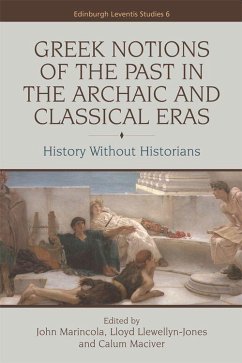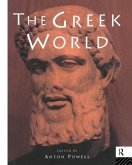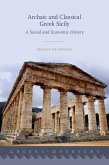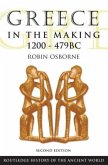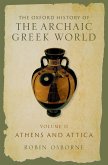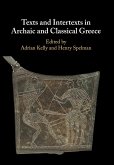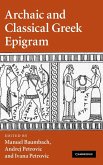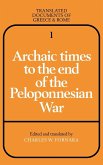AUTHOR APPROVED 'If this brilliant collection allows any one unarguable inference, it is that there's no such thing as "the past", any more than there's one single and uncontestable definition of, or way of doing, "history". Going back to the very roots of Western historiography in early Greece, John Marincola and his expert team do a grand job of radical conceptual reappraisal in this far-reaching, deeply scholarly and yet accessible addition to the outstanding Edinburgh Leventis Studies series.' Paul Cartledge, A.G. Leventis Professor of Greek Culture A wide examination of the ways in which the Greeks constructed, de-constructed, engaged with and relied on their pasts This book looks at Greek notions and beliefs about the past as they are revealed in areas other than historical texts. A range of experts from diverse fields examine, amongst other things, epic, didactic, lyric and epinician poetry, tragedy, comedy and philosophy in an attempt to tease out how the Greeks in the archaic and classical eras thought about, imagined and constructed their pasts. But it is not only literary texts that are studied here. Material culture, cult acts, inscriptions and monumental buildings are analysed to see what each of these can tell us about the relationship between past and present and about the important role that the past played for Greeks of all social classes. John Marincola is Leon Golden Professor of Classics at Florida State University in Tallahassee. Lloyd Llewellyn-Jones is Senior Lecturer in Ancient History at the University of Edinburgh. Calum Maciver is a Lecturer in Classics at the University of Leeds.
Hinweis: Dieser Artikel kann nur an eine deutsche Lieferadresse ausgeliefert werden.
Hinweis: Dieser Artikel kann nur an eine deutsche Lieferadresse ausgeliefert werden.

